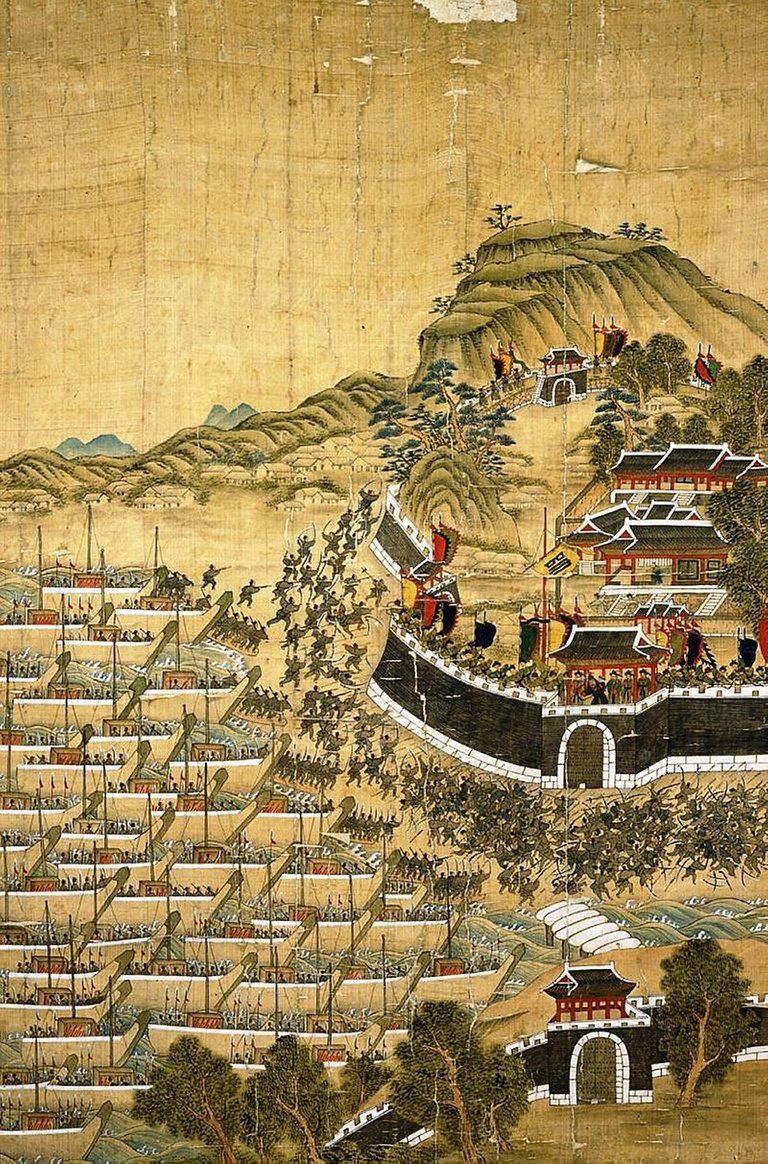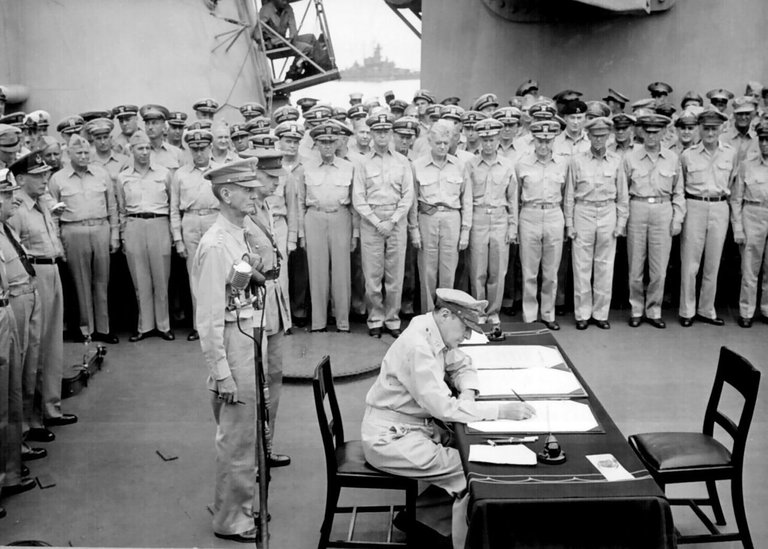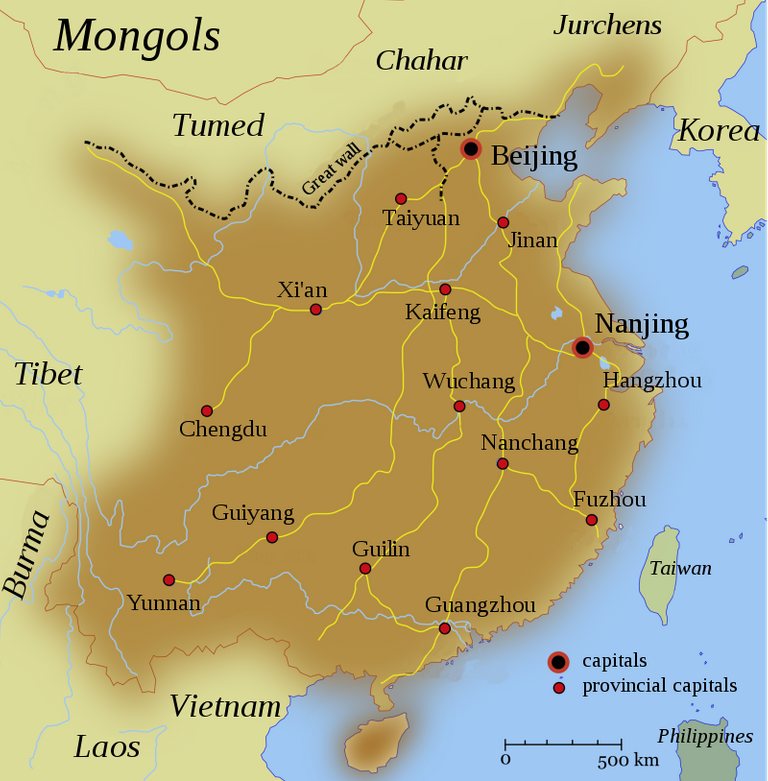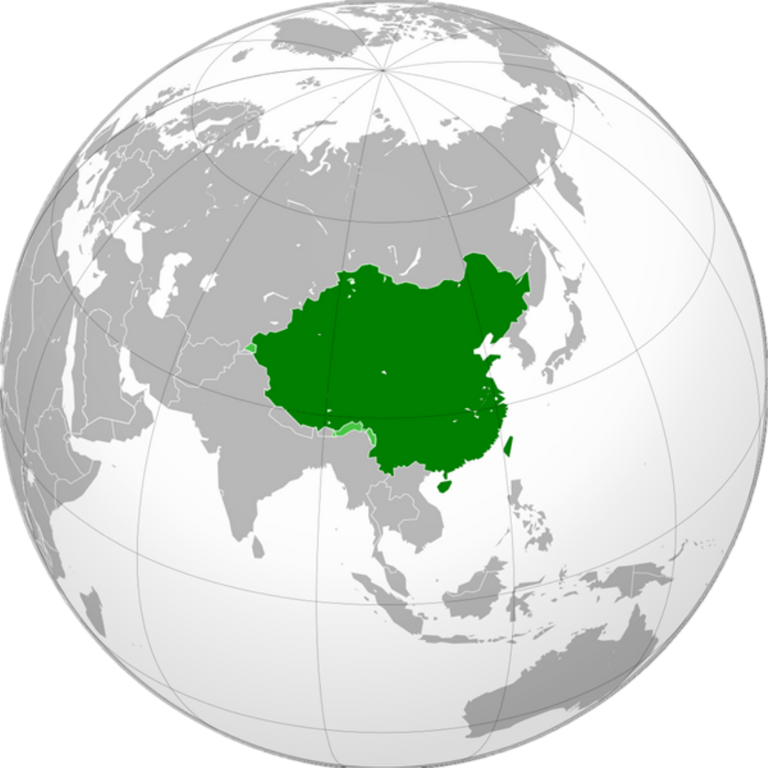I asked @roleerob yesterday for help on a hive blog not posting. He kindly provided a solution for my clumsy English question. So, I was very grateful to him.
He asked me to study the Node set, and Hive Keychain, but I didn't know about computers and the Internet.
By the way, in conversation with him, I came to see Americans' general views of Japan and East Asian civilizations.
... as I have no idea where they would come up with that. Rice is grown here, but it is far from a major crop, so ... Hmmm. As I have a lot of history with England, I have always thought of Japan as an east Asian equivalent. Man can admire what both nations have managed to accomplish from their relatively small land masses on a series of islands ...
China, on the other hand, is not a country for which I have any admiration. I do not think we are told the truth here about all that is going on in that country ...
In my opinion, he seemed to identify Japan with England, and to think of Japan as a symbol of East Asian civilization.
I believe @roleerob is a wise, respectable senior. He had succeeded as a manager in a large company. Now he boasted to me that he was enjoying a happy retirement life.
However, he did not seem to like the English king. He was proud of the history his ancestors fought against the king of England.
I don't know much about American and British war history, but I believe his claim is true.
From now on, what I'm saying is that it may be unpleasant to @roleerob.
So, I first ask for patience.
@roleerob's comments may be unpleasant or resentful to Koreans and Chinese.
This is because Koreans and Chinese perceive Japan as a developing country of East Asian civilization.
I don't know how Americans have a view on East Asian history and civilization, but Koreans and Chinese do not recognize Japan as a symbol of East Asia.
The Japanese invasions of Korea comprised two separate yet linked invasions: an initial invasion in 1592, a brief truce in 1596, and a second invasion in 1597. The conflict ended in 1598 with the withdrawal of the Japanese forces[1][22] from the Korean Peninsula after a military stalemate[23] in Korea's southern coastal provinces.[24]
The invasions were launched by Toyotomi Hideyoshi with the intent of conquering the Korean Peninsula and China, which were respectively ruled by the Joseon and Ming dynasty. Japan quickly succeeded in occupying large portions of the Korean Peninsula, but the contribution of reinforcements by the Ming,[25][26][27] as well as the disruption of Japanese supply fleets along the western and southern coasts by the Joseon Navy[28][29][30][31] forced a withdrawal of Japanese forces from Pyongyang and the northern provinces to the south, in Busan and nearby southern regions. Afterwards, with guerrilla warfare waged against the Japanese by righteous armies (Joseon civilian militias)[32] and supply difficulties hampering both sides, neither the Japanese nor the combined Ming and Joseon forces were able to mount a successful offensive or gain any additional territory, resulting in a military stalemate. The first phase of the invasion lasted from 1592 until 1596, and was followed by ultimately unsuccessful peace negotiations between Japan and the Ming between 1596 and 1597.
 The Japanese landing at Busan
The Japanese landing at Busan
China was the dominant power of East Asia for 2000 years until the 19th century European empires destroyed China.
In the midst of the fall of China, Japan became a new hegemony in East Asia, but the country of Dear @roleerob conquered Japan.
In Japan, 14 August is considered to be the day that the Pacific War ended. However, as Imperial Japan actually surrendered on 15 August, this day became known in the English-speaking countries as V-J Day (Victory in Japan).[191] The formal Japanese Instrument of Surrender was signed on 2 September 1945, on the battleship USS Missouri, in Tokyo Bay. The surrender was accepted by General Douglas MacArthur as Supreme Commander of the Allied Powers, with representatives of several Allied nations, from a Japanese delegation led by Mamoru Shigemitsu and Yoshijirō Umezu.
Following this period, MacArthur went to Tokyo to oversee the post-war development of the country. This period in Japanese history is known as the occupation.
 Douglas MacArthur signs the formal Japanese Instrument of Surrender on USS Missouri, 2 September 1945.
Douglas MacArthur signs the formal Japanese Instrument of Surrender on USS Missouri, 2 September 1945.
So, modern Koreans think the United States is the hegemony of Asia Pacific. Donald Trump is currently the Emperor of Japan and the President of South Korea.
However, 200 years ago, China was the hegemony of East Asia.
Japan invaded Korea and China because it wanted to be a hegemony in East Asia.
When Korea was invaded by Japan, China immediately entered into an alliance with Korea and fought a war with Japan.
Allied forces from Korea and China fought against Japan for seven years.
Korea, which repelled Japan's invasion, allied itself with China and isolated Japan.
The Ming Dynasty of China was destroyed by the Manchu Dynasty's Qing Dynasty because it was devoted to helping Korea.
The Ming Dynasty was destroyed by the Qing Dynasty because it consumed a lot of power in the war against Japan.
 Ming China around 1580
Ming China around 1580
The Ming dynasty (/mɪŋ/),[6] officially the Great Ming, was the ruling dynasty of China from 1368 to 1644 following the collapse of the Mongol-led Yuan dynasty. The Ming dynasty was the last imperial dynasty of China ruled by Han Chinese. Although the primary capital of Beijing fell in 1644 to a rebellion led by Li Zicheng (who established the Shun dynasty, soon replaced by the Manchu-led Qing dynasty), numerous rump regimes ruled by remnants of the Ming imperial family—collectively called the Southern Ming—survived until 1662.[d]
 The Qing dynasty in 1889
The Qing dynasty in 1889
The Qing dynasty, officially the Great Qing ([tɕʰíŋ]), was the last imperial dynasty of China. It was established in 1636, and ruled China proper from 1644 to 1912. It was preceded by the Ming dynasty and succeeded by the Republic of China. The Qing multi-cultural empire lasted for almost three centuries and formed the territorial base for modern China. It was the fifth largest empire in world history in terms of territorial size.
The dynasty was founded by the Manchu Aisin Gioro clan in Manchuria. In the late sixteenth century, Nurhaci, originally a Ming vassal, began organizing "Banners" which were military-social units that included Manchu, Han, and Mongol elements. Nurhaci united Manchu clans and officially proclaimed the Later Jin dynasty in 1616. His son Hong Taiji began driving Ming forces out of the Liaodong Peninsula and declared a new dynasty, the Qing, in 1636.
The Qing Dynasty, which destroyed the Ming Dynasty and ruled the mainland of China, had a foreign policy to isolate Japan after forming an alliance with Korea.
My respected senior @roleerob, what do you think of the history of East Asia?
The alliance between Korea and China has been a policy of isolating Japan since the 16th century. After the European empires destroyed China in the 19th century, Japan conquered Korea and emerged as a hegemony.
The Japanese annexation of Korea happened in 1910. The Empire of Japan annexed (made part of its territory) the Korean Empire.[1] In Japanese it is also called 日韓併合、朝鮮併合、日韓合邦 which translate as annexation of Korea, annexation of Joseon (an old name of Korea), and unification of Japan and Korea.[2]
Then Japanese ruled Korea until 1945, after the Potsdam Conference at the end of World War II.
@roleerob equates England and Japan, but I disagree with his idea. If the European empires did not destroy China, Japan could not be the hegemony.
I thought Japan was lucky in the times. To stop the communist countries of the Soviet Union and China, the United States gave Japan a huge amount of money and technology, so Japan could now develop into a developed country.
Eventually, Korea, Japan, and Taiwan were able to develop into developed countries with the support of the United States.
I hope that the act by which the United States has developed China into a hegemony is not a mistake.
Dear @roleerob, I hope you won't be unpleasant that I gave you a history lesson.
Congratulations @silvergrifin007! You have completed the following achievement on the Hive blockchain and have been rewarded with new badge(s) :
You can view your badges on your board And compare to others on the Ranking
If you no longer want to receive notifications, reply to this comment with the word
STOPSupport the HiveBuzz project. Vote for our proposal!